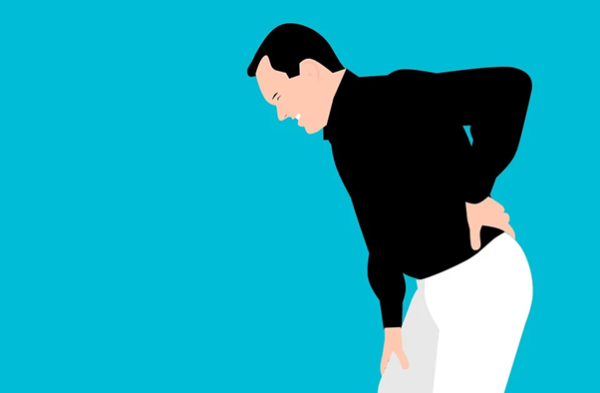If an injury at work has caused you significant discomfort in your personal life and has ruined your relationship with your employer, it is perhaps time that you claim personal injury; the process of taking your employers to court is one that many shudder to think about. It can disrupt your job, your life, and potentially leave you unemployed.

Taking your employer to court requires significant consideration and thought and you must never do it on a whim, rather give yourself time to think and make a proper decision. This page will tell you six things you should always do after being injured at work, and how you can do them. Knowing your rights is essential, so if you have been injured, make sure to check up what you are legally entitled to claim and if you are due compensation. Here are six things you should always do after being injured at work.
Seek Medical Attention
After an injury at work, you are legally entitled to seek medical attention. Many employers will try to prevent you from doing so to save their own skin and will deny you time off of work to pursue medical aid. This, however, is illegal – and rather, your employer is legally obligated to allow you to pursue medical attention. Workplaces will have a designated first-aid responder who your employer will try to have you see instead of real medical professionals who can log and record your injuries. If you believe that your injury is severe enough to warrant medical aid from an emergency care provider, or even your general practitioner, then notify your work you are leaving to go and see them. Make sure you pursue help, even with the current global situation, to prevent any complications. If they try to prevent you from seeking medical attention, let them know they are legally obligated to allow you to.
Record Your Injuries
Following an injury at work, you must record your injuries; you may not at first have any intention of pursuing a legal claim against your employer and may instead decide that, if you are, it will not be immediately.

Image Source: Record your injuries nonetheless so that If you do decide to pursue legal action against your former employer that the case will have sufficient evidence to proceed. By not recording your injuries, you risk your case being dismissed due to a lack of significant evidence supporting your claim.
Contact an Attorney
Contacting an attorney is something you must always do if you have been injured at work out of your employer’s negligence or it simply was not your fault. Contacting an attorney is critical should you want to receive the proper compensation. Making the decision to choose between this law firm or that law firm can be very difficult; you must find the firm that offers you the most and has a length of experience. Unprofessional and unscrupulous attorneys will hinder your case and prevent you from receiving the compensation that you are rightfully due.
Confirm Sick Pay
Not every single employee will be entitled to statutory sick pay when they take time off of work, but you should be if you were injured at work. If you have been injured at work and cannot continue going into work, then it is critical that you do apply for sick pay; if your employer denies you sick pay, this is just more fuel for your lawsuit, further proving your employer is negligent and careless. Sick pay is usually offered to those who are injured at work, so you should in most situations be perfectly fine.
Recovery Time
As with every injury, you need time to yourself so that you can recover. Recovery time depends entirely on the nature and severity of your injury and differs on a case to case basis. You should, notwithstanding the severity of your injury, still take some time off to get over it and move forward. An injury can be very stressful, and it is hard to deal with the aftermath if you are still working – and can just be simply inconvenient. Take a couple of days off to relax and recover. Regenerate until you feel yourself again.
Changes
If your injury occurred out of your employer’s negligence, you must ensure it is not allowed to happen to anybody else. Notify your employer of the way the injury occurred and ensure they make adequate changes to prevent anybody else from hurting themselves in the same way that you hurt yourself.
Now, with the help of this page, you know six things you must do whenever you are injured at work. An injury at work must be taken seriously, as it can have serious consequences for you and your employer.



